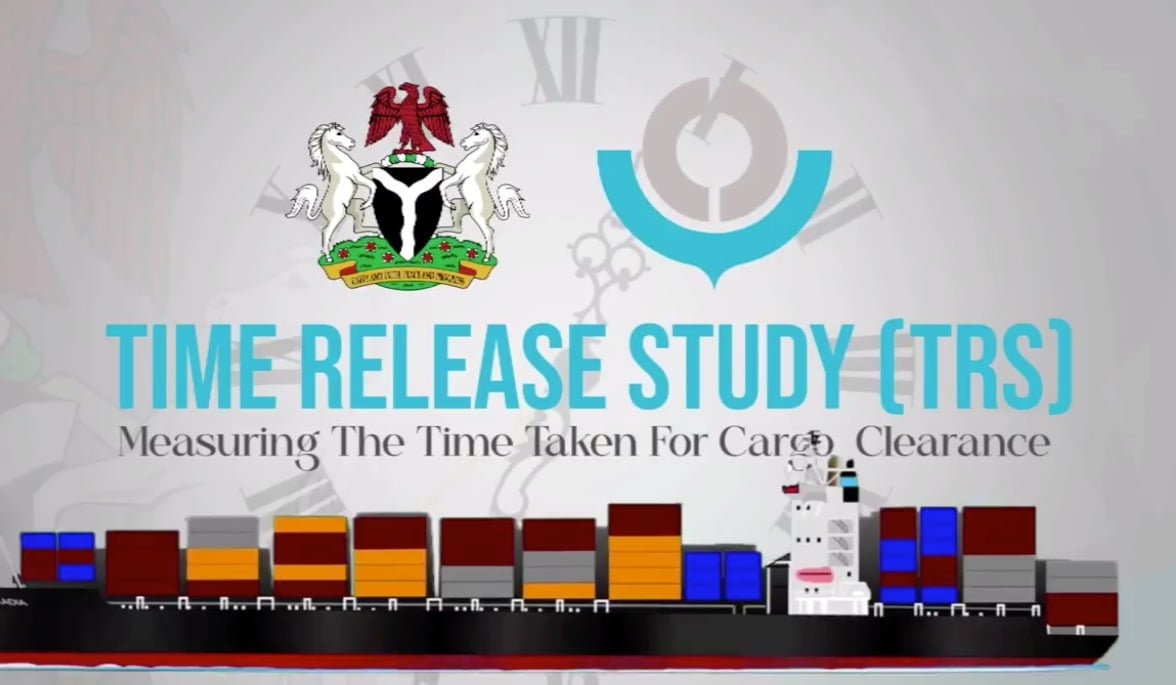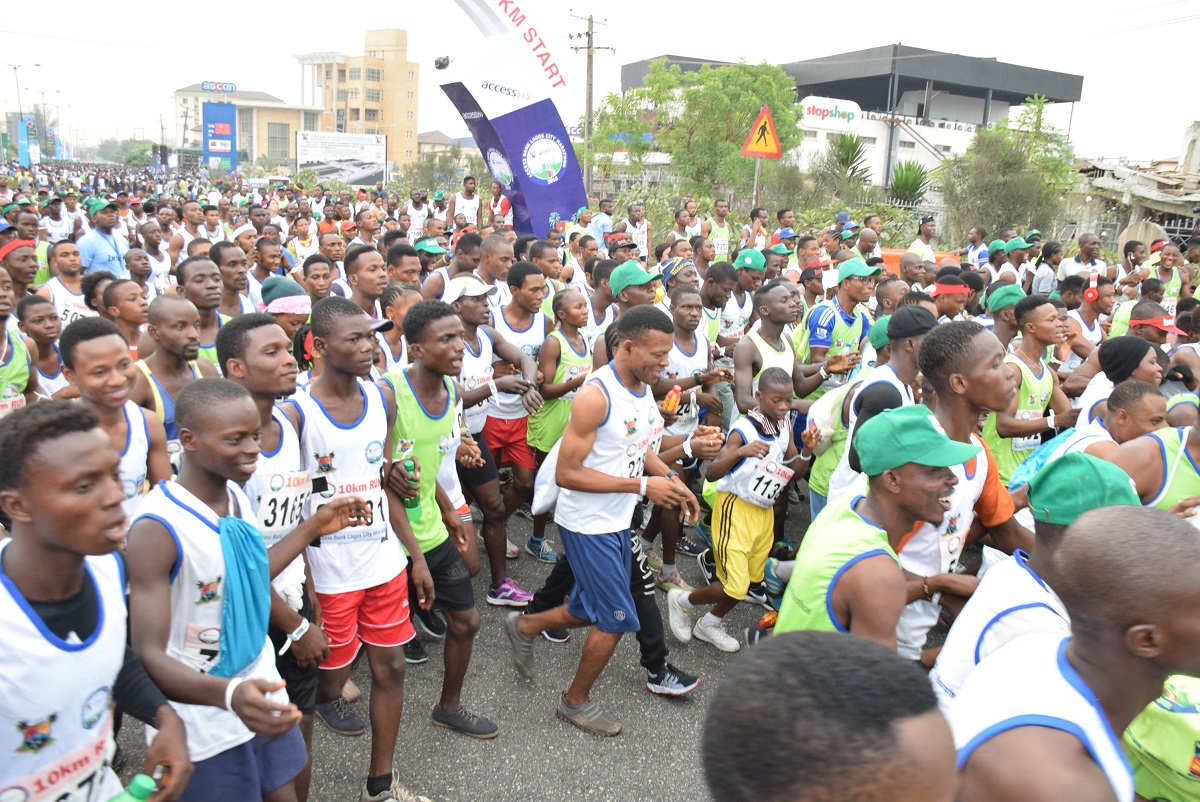The Nigerian Customs Service (NCS) has launched a research initiative to monitor and improve cargo release time in the country’s ports.
The initiative, named, ‘Time Release Study (TRS)’ was developed by the World Customs Organisation (WCO).
The TRS is a strategic and internationally recognised tool designed for the clearance of goods from arrival until the physical release of the cargo.
Essentially, the study is a standard way to measure the time taken to release cargo.
Advertisement
Speaking at the launch on Thursday in Lagos, Adewale Adeniyi, comptroller-general of customs, said the service is well equipped to reduce cargo clearance time and facilitate trade in Nigeria, noting that the latest study focuses on Tincan Island Port.
According to Adeniyi, the NCS underwent a comprehensive TRS in 2010, focusing on the Apapa Port and Seme Border.
He said about 20 cross-cutting recommendations, including the development of an Authorised Economic Operator (AEO) programme, implementation of a single window system, purchase of additional cargo handling equipment, and port infrastructure repairs, were made.
Advertisement
The NCS boss said a second attempt was made in 2018 but was unsuccessful due to a lack of proper collaboration among the relevant agencies.
“Today’s exercise builds on the lessons learned from both the 2010 and 2018 attempts,” Adeniyi said.
“We have made significant progress since then, including the implementation of paperless clearance and advancements in our AEO programmes.
“Provisions under the new Customs Act now speak to the imposition of penalties to deter non-compliance.
Advertisement
“Today, we are joining other customs administrations in the world that have embraced the tools developed by the World Customs Organisation (WCO) to promote the growth of international trade.
“The WCO remains steadfast in its commitment to advancing customs procedures through various instruments and tools, such as the Revised Kyoto Convention (RKC) and the World Trade Organisation (WTO) Trade Facilitation Agreement (TFA).
“So, yes, another significant milestone is reached today as we commence the TRS in Nigeria, with Tincan Island Port, serving as the pilot location.
“The TRS method is a systematic and standardised approach used to measure the total duration of time from the arrival of goods at the customs border until their release.”
Advertisement
Adeniyi said the TRS initiative represents a critical step in the ongoing efforts to optimise the trading experience and customs operations in Nigeria.
He described the study as a strategic endeavour “in promoting how we facilitate trade and show alignment with international best practices and contribute substantially to national developments”.
Advertisement
“Embracing these technologies allows us stakeholders to collaboratively work towards enhancing trade efficiency and promoting economic development,” Adeniyi said.
“We are all well equipped to support the TRS effectively.”
Advertisement
Adeniyi added that he is confident in the ability of the NCS to effectively implement the initiative and achieve shared goals of promoting efficient and transparent trade practices “for the benefit of our nation and our stakeholders”.
Advertisement
Add a comment






